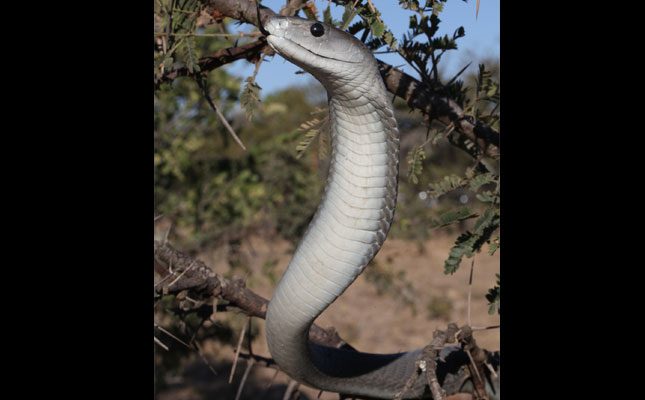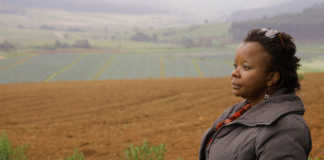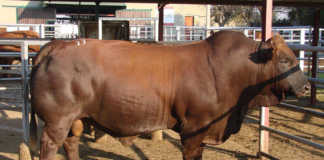
Photo: African Snakebite Institute
“Antivenom has been practically unavailable in South Africa for the past eight months. This has had a dire effect on both humans and animals as the same antivenom is used for both species. We have been inundated by reports of the shortages from veterinarians and the impact the scarcity has on farm animals and livestock,” he told Farmer’s Weekly.
READ How snakes can help farmers
The state-owned South African Vaccine Producers (SAVP), located in Johannesburg, was responsible for the manufacturing of monovalent antivenom, which was effective against the venom of the boomslang, as well as polyvalent antivenom, which was used to counteract the venom of the puff adder, gaboon adder, black and green mambas, the rinkhals, and all significantly dangerous cobras in Southern Africa. The puff adder and night adder were responsible for most snakebites in the country.
The SAVP, the only snakebite antivenom producer in Southern Africa, had fallen behind with the production of polyvalent antivenom, which was responsible for treating the bites of at least 10 venomous snakes found in the region, Marais said.
READ Snakebites: fact and fiction
He added that doctors and veterinarians not being able to get hold of the polyvalent antivenom was a “major disaster”, not only for South Africa, but also for other Southern African countries that depended on the local supply of antivenom.
“We’ve now reached the stage where the [SAVP] only makes antivenom available for emergency cases. The problem is that the company is only in operation from Mondays to Fridays. Any snakebite victims will, over weekends, therefore have to wait one or two days before they can be treated. I don’t know the reasons behind the lack of antivenom, but I do know that it is a matter of life or death,” he said.
Asked about the possible privatisation of antivenom production in the country, Marais said it was highly unlikely, as antivenom production was capital intensive and not very profitable. While some antivenom was imported, Marais did not recommend its use as it was not tested and registered locally.
Farmer’s Weekly contacted the SAVP for comment, and was directed to the National Health Laboratory Service (NHLS), which had not responded by time of publication.












